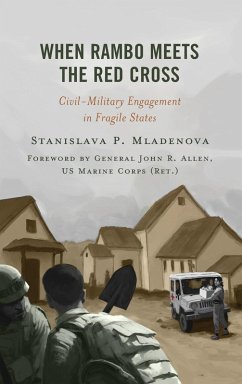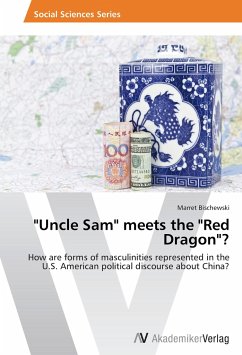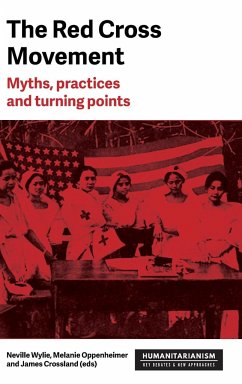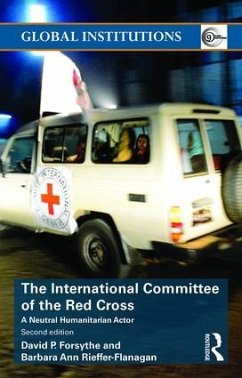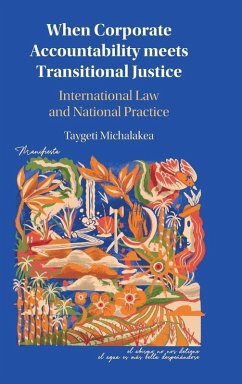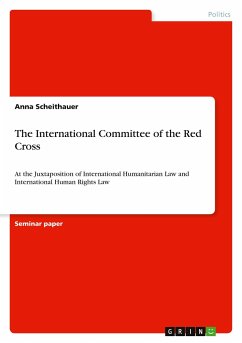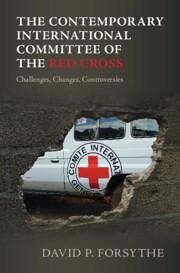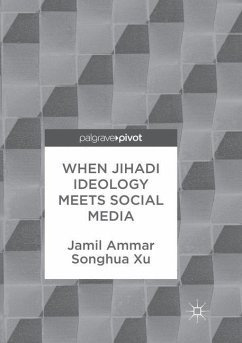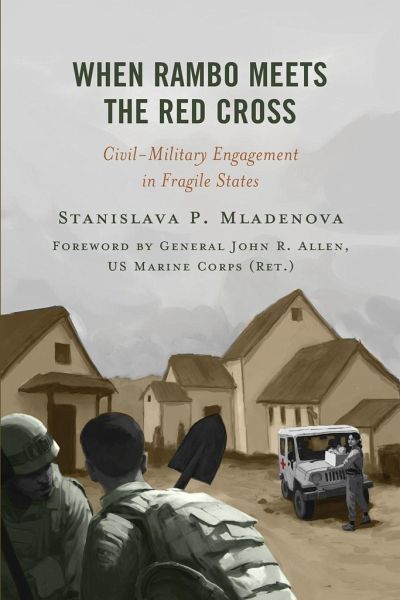
When Rambo Meets the Red Cross
Civil-Military Engagement in Fragile States
Versandkostenfrei!
Versandfertig in 1-2 Wochen
40,99 €
inkl. MwSt.
Weitere Ausgaben:

PAYBACK Punkte
20 °P sammeln!
Non-governmental organizations and militaries are notorious for their difficult relationship. The military is mostly understood through the prism of its lethality, and NGOs are perceived as idealistic do-gooders, ready to save the world. Stanislava P. Mladenova traces the changing character of interaction between both of these entities. She argues that the boundaries which once separated their functions are fading. Fragile, ungoverned, and insecure spaces need both of what these actors can provide. As a result, they have drawn closer together, and have everything at their disposal for a collab...
Non-governmental organizations and militaries are notorious for their difficult relationship. The military is mostly understood through the prism of its lethality, and NGOs are perceived as idealistic do-gooders, ready to save the world. Stanislava P. Mladenova traces the changing character of interaction between both of these entities. She argues that the boundaries which once separated their functions are fading. Fragile, ungoverned, and insecure spaces need both of what these actors can provide. As a result, they have drawn closer together, and have everything at their disposal for a collaborative, efficient, and productive civil-military partnership, which is contrary to what many observers and leaders in the conflict and development space have long believed. Mladenova makes a convincing case that it is high time both sets of actors put aside their differences, bringing to light a fast-changing landscape of vicious poverty, insecurity, and climate change, where the conventional way of doing business will become the exception, not the rule.





